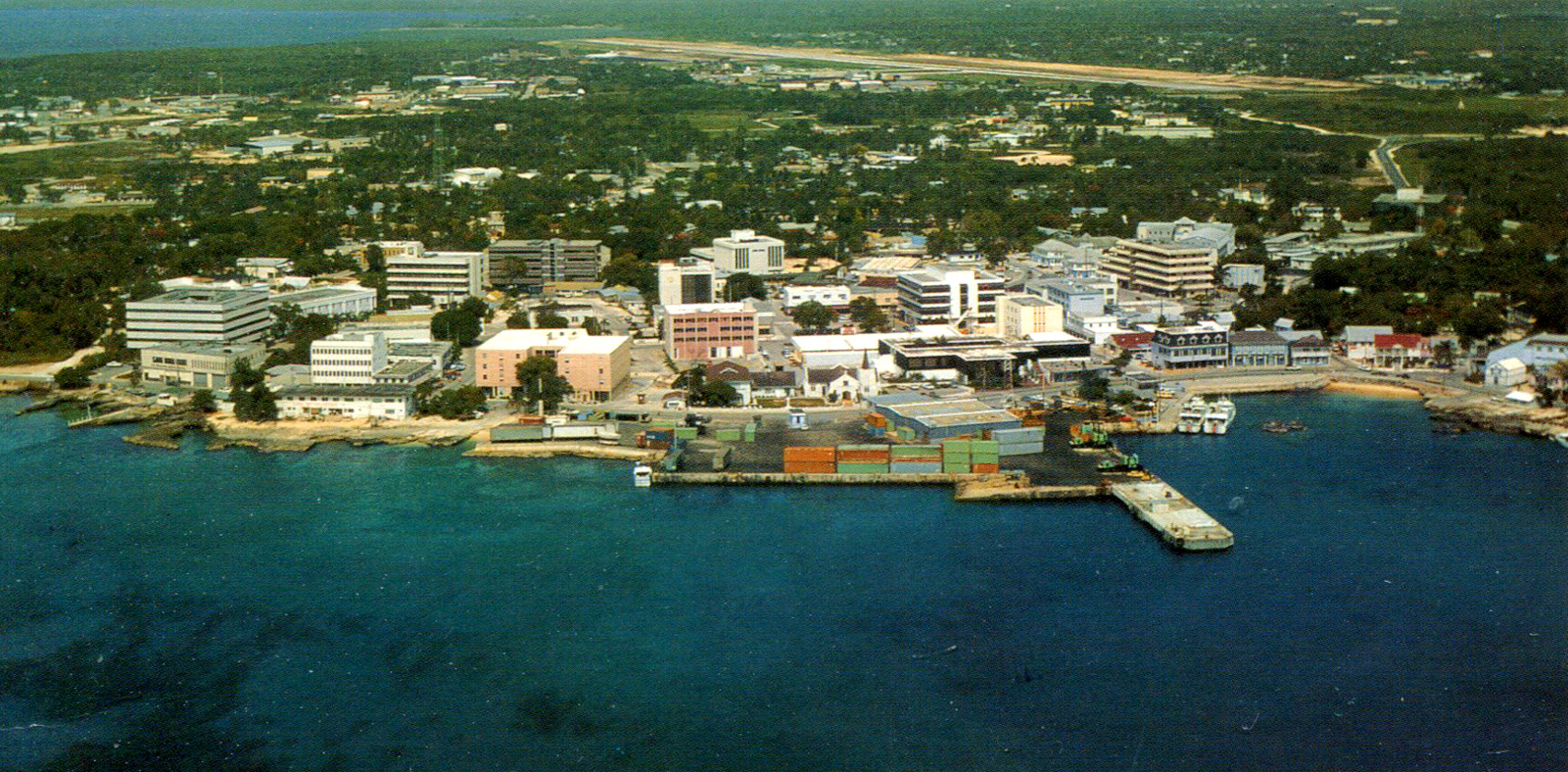Appleby was employed by the Cayman Islands holding company of FBME Bank for more than a year after the US Treasury made a series of astonishing claims against the bank and banned it from the US financial system.
It alleged that FBME “facilitated a substantial volume of money laundering through the bank for many years” and “is used by its customers to facilitate terrorist financing, transnational organised crime [and] sanctions evasion.”
In December FBME strenuously denied all the allegations, citing the regular compliance checks Appleby made since 2004 in its defence. “Falsehoods have been deliberately generated by people with a commercial axe to grind against FBME,” read a statement.
The Paradise Papers disclosed the complex, obscure means that firms like Appleby use in order to avoid tax using artificial structures on behalf of their clients.
The major leak of documents from offshore legal firms obtained by the Süddeutsche Zeitung and shared with the International Consortium of Investigative Journalists (ICIJ) sent shockwaves through the financial world and was praised for exposing the practices celebrities, politicians and business people employ to preserve their wealth.
Appleby ceased to be the FBME holding company’s registered agent in December 2015. According to a US court ruling, Appleby decided that “FBME did not fit [its] risk profile”.
After the US authorities charged the bank with assisting the finance of terrorism, Tanzania placed FBME under the management of its central bank in 2014.
Prior to then it had been one of the country’s largest banking institutions, the BBC reported.
Campaigners have argued that companies providing financial services need to be much more proactive in screening their clients on an ongoing basis, rather than reacting to media reports.
“Time after time, we hear registered agents proclaiming their innocence, denying they could have done anything differently and claiming their due diligence processes work just fine. To everyone else it is blindingly obvious that things are not right,” said Robert Barrington, executive director of Transparency International UK, in comments reported by the Guardian.
“Banks are particularly high-risk with regard to money laundering, and that kind of red flag requires a high standard of due diligence,” he added.

